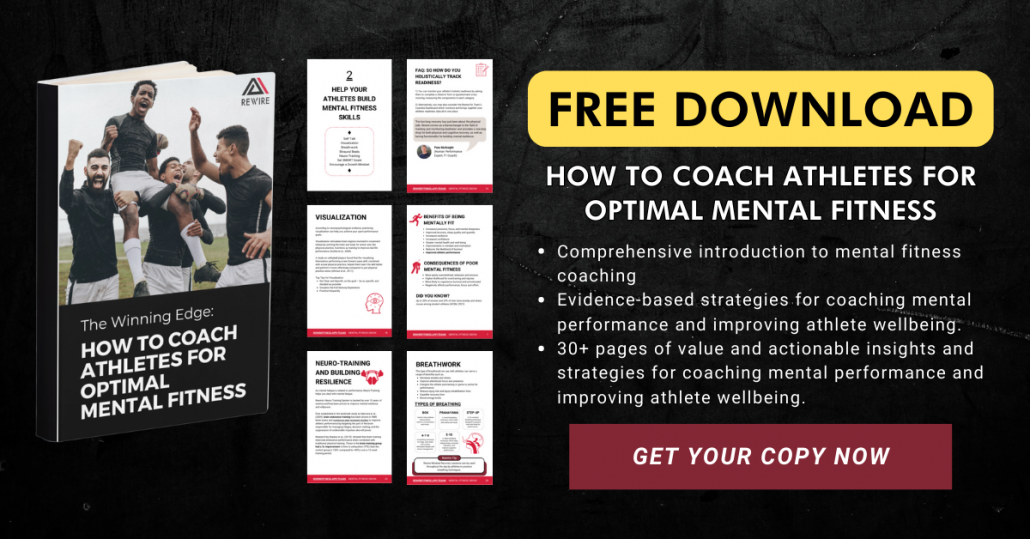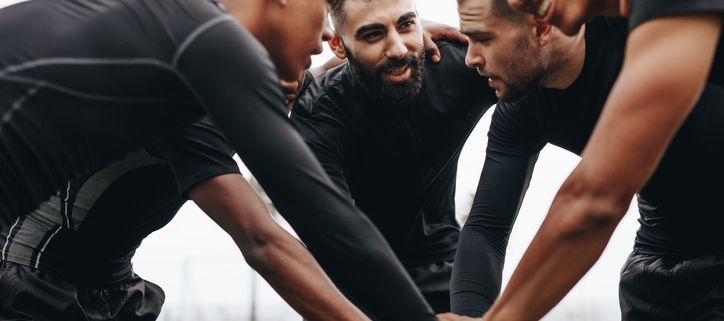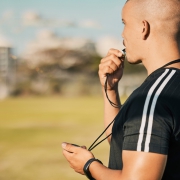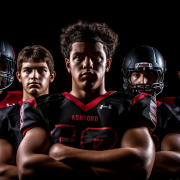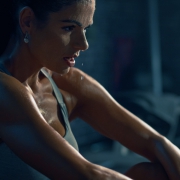What Makes a Good High School Sports Coach?
A high school sports coach is a very unique role — you’re not only developing student athletes to achieve their best, but you’re also a part of the wider school community.
You’ll teach fundamental skills to kids and advanced tactics to others. You’ll coach an entire netball or football team over the course of multiple seasons, and if you’re lucky, you might experience great success.
Oftentimes, you’ll also be a shoulder to lean on (or cry on), someone to talk to when an athlete is going through tough times, and you’ll teach general life skills to set up the next generation for success.
It’s rewarding. It’s demanding. And it’s one of a kind.
But what makes a good high school coach? Here’s everything you need to know.
Key takeaways:
- You’re more than a coach; you’re a mentor
- Try to get the best out of each of your athletes
- Know how to provide effective feedback & support
High school coach qualities
- Provide a positive experience for all students
- The coach genuinely cares about their athletes
- A good coach pushes their athletes but also supports them
- Improve players’ weaknesses and double down on their strengths
- A good coach teaches the importance of discipline
- Lead by example
- Teaching that it’s not always about winning
- Use technology to provide effective coaching feedback
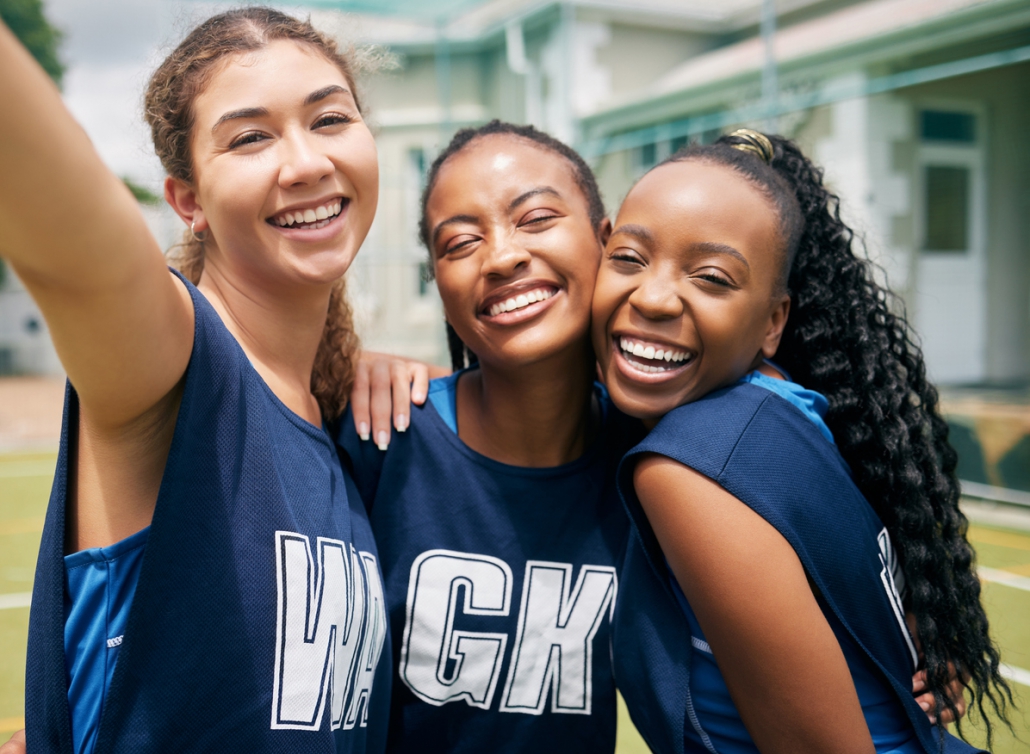
Provide a positive experience for all students
High school students have a lot of responsibilities.
Unlike elite athletes who eat, sleep, and train, high school athletes have a lot more on their plate. For example, they have classes, exams, hobbies, relationships, and other things going on in their lives.
It’s unlikely and unrealistic to assume that student athletes can follow the same day-to-day recipe for elite success.
A lot of kids also run into family problems, relationship issues, and bullying. It’s not just about sport.
This is not unheard of — high school can be a tough time for a lot of kids.
That’s why it’s even more important to provide a positive experience for all students as a high school coach.
For a lot of kids, sports are a way to relieve stress, hang out with friends, and have fun. But to make sure they get the most out of it, high school coaches should:
- Encourage sport participation
- Keep training fun and interactive
- Emphasise teamwork and good sportsmanship
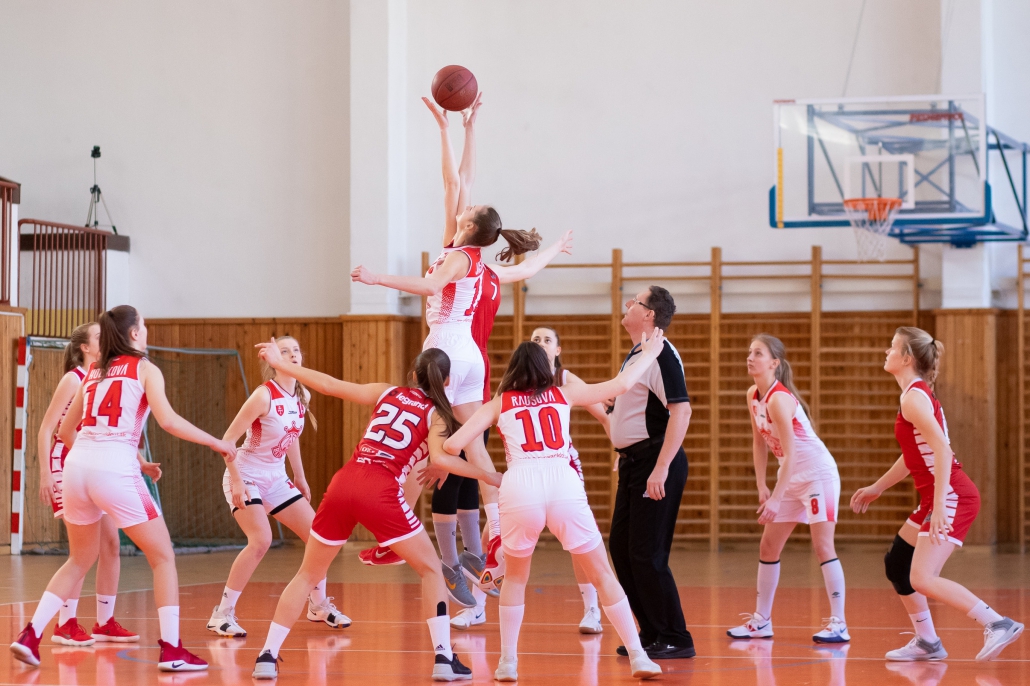
The coach genuinely cares about their athletes
A high school sports coach who actually cares about their athletes — how they are doing in school and in general — will provide a lot more value to the youth than others.
Most likely, they will also play a much bigger role in youth development.
Unlike a sports coach who’s coaching the world’s best basketball or football team, high school sports coaches face numerous unique challenges.
Yes, you might have one or two-star athletes. And you might have a team capable of winning a state championship. But you’re also part of the school community — there’s a lot more to it than the eye can see.
Great coaches (especially in youth) also teach life lessons, are mentors, and oftentimes, are somebody to talk to on or off the field if a kid is going through a tough time.
But who knows, you might have student athletes succeed, too. That’s the dream of every high school coach.
A good coach pushes their athletes but also supports them
A good high school sports coach knows how to get the most out of his/her athletes.
But equally, they are there to support them when they need it. Whether that’s after a defeat, through injury, a tough training session, or the stress from exams and high school.
A good high school coach knows when to push their athletes and when to step off the gas and tone down the intensity.
As part of a wider community, you have more responsibility. Some training sessions will be skipped for exams, and for others, kids may feel unmotivated, tired, and not in the zone to perform.
The best coaches recognise this and work with (and not against) the athlete to get the most out of the students.
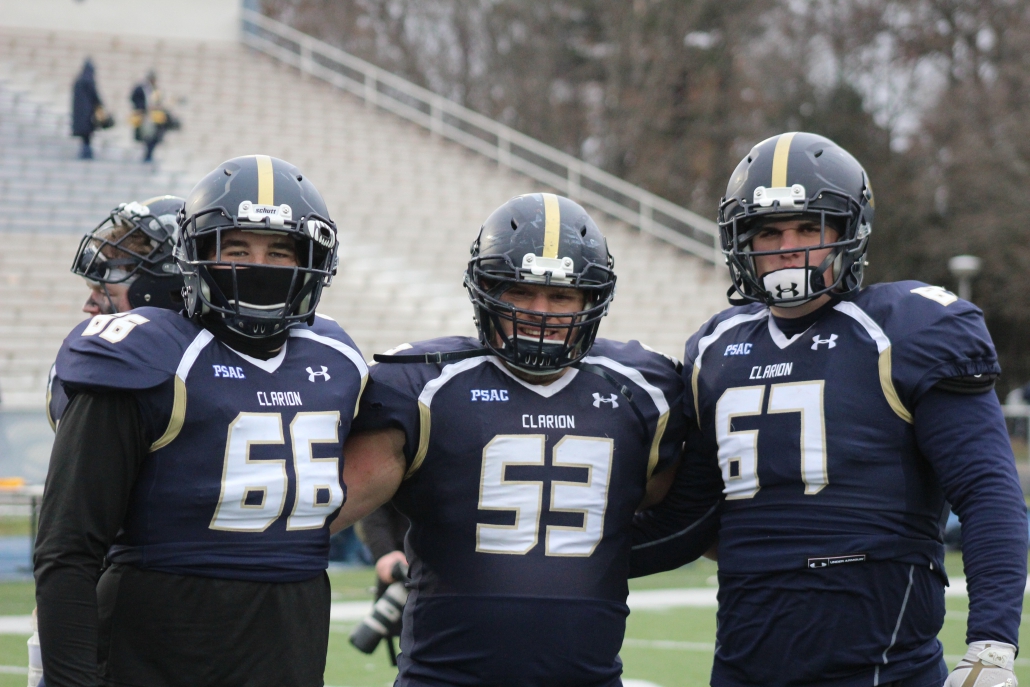
Improve players’ weaknesses and double down on their strengths
Many coaches are quick to identify a player’s weaknesses. Maybe their short pass could be improved, their form breaks down in the last 400m of a race, or their long pass is inconsistent.
And while fixing (or at least improving) these weaknesses is a must — you should also double down on their strengths.
Perhaps the athlete has an excellent long pass, great leadership qualities, or is dominant when running elbow to elbow on the track.
Many successful coaches improve athletes’ weaknesses but also double down on their strengths.
This contributes to player development but may also result in overall better teamwork on the pitch. It’s no surprise that the best coaches take the best skills and qualities from their athletes and use these to their advantage in competition.
So what should you do as a coach?
- Identify your athlete’s strengths and weaknesses
- Work on these one at a time
- Ensure the coaching experience is more positive than negative
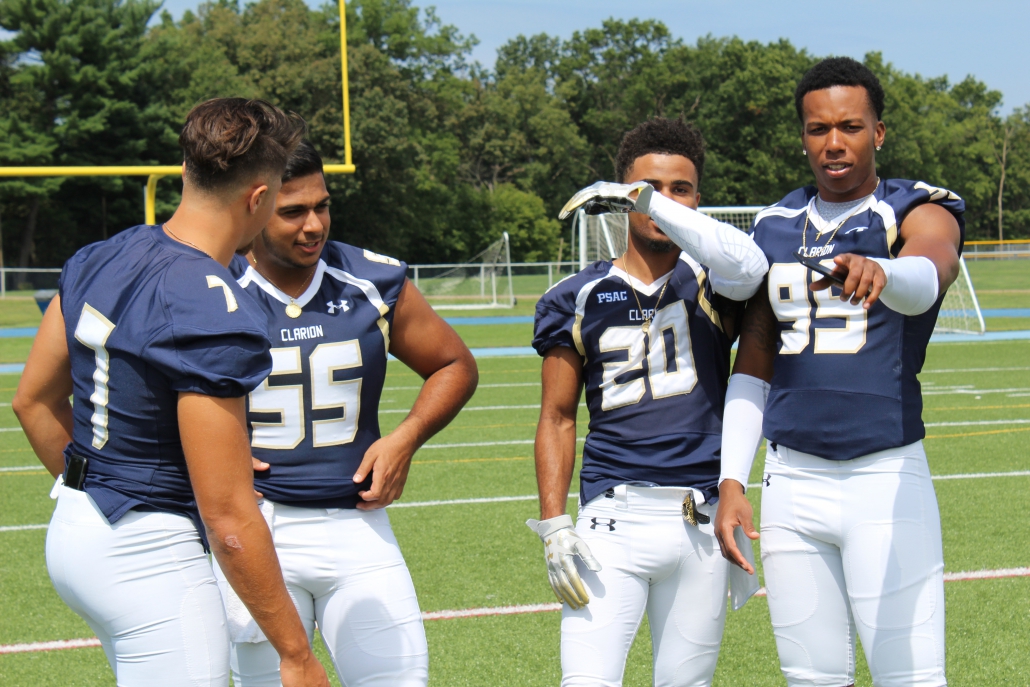
A good coach teaches the importance of discipline
Youth sport and sports at high school teaches the importance of discipline and hard work.
Students will show up to training even when tired, push when needed, and get the most out of themselves (with the support of a good high school sports coach).
A lot of the skills you teach your athletes are transferable outside of sports. For instance, the discipline they learn on the track, court, or field can be applied to their studies and futures.
For example, a conversation on goal setting in sports can be put to use in other domains of life.
Good high school sports coaches recognise the opportunity to teach valuable life advice in sports. Many of your athletes don’t want to become the next LeBron James, but you can teach many lessons that can be applied off the court.
Recognise this and put your knowledge to good work!
Lead by example
We’ve all met that one coach who has a positive attitude no matter what. Win or lose. Rain or shine.
If you can lead by example and with the right attitude, you’ll encourage kids to do the same.
Share your love for sport, teach the importance of respect and a good work ethic, and you’ll hopefully get the same in return.
Coaching high school students can be very rewarding. And a lot of the time, you get out what you put in. It starts with your approach to coaching — so put in what you want to get out.
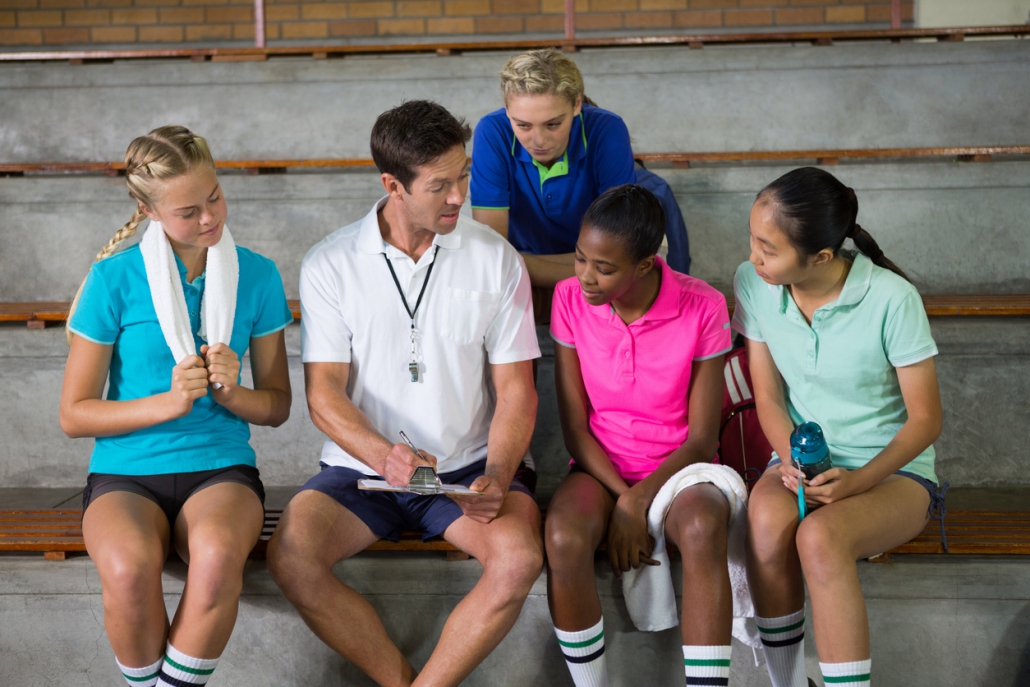
Teaching that it’s not always about winning
Winning feels great. But it’s not always about winning — it’s about growing as a team and giving it your all.
As a high school sports coach, you should teach the value of improving (as a player and a team) over winning.
This lesson goes beyond sports. Knowing how to deal with stress, loss, and failure is a very valuable life lesson.
Sports contain many highs and lows. Often, kids will encounter these first-hand in the game. A good coach teaches athletes how to deal with adversity.
Use technology to provide effective coaching feedback
Giving feedback to high school students can be tough. While some kids may have dreams of becoming professional athletes, others may want to focus on an entirely different area in life. And that’s okay.
But to provide more effective feedback, you need to better relate to the students — you can use technology to do this.
The current generation of high school kids are very good at using technology. So why not take advantage of this?
For instance, you might use a smartphone to capture an athlete’s form for visual feedback or use fun and interactive training videos to teach fundamental skills.
And while you may need to adapt your coaching strategies ever so slightly, you’ll find it to be very rewarding.

Rewire for high school coaches
High school coaches have a great amount of responsibility — they are a huge part of the school community, and for many athletes, are trusted mentors.
A lot of the coaching you’ll do in a high school will be general talent development and fundamental skills training.
But you’ll likely also have a handful of athletes who have the skill, ability, and desire to go that little bit further.
Rewire for teams can help you provide better coaching recommendations and insights for these athletes. You can monitor their stress management and readiness for training to better balance school and sports. It also means you’ll have better data to prepare for training and competition.
Book a free consultation today to learn more about how Rewire can help your team.
FAQs
What are the best qualities of a sports coach?
A good sports coach is positive, supportive, a mentor to their athletes, respectful, and very good at communicating. The best coaches also recognise that their coaching goes beyond sports.
What are the characteristics of a good mentor?
Good mentors (in sports and in life) are good listeners, are very knowledgeable, honest, non-judgemental, and know how to give quality feedback.
What skills are needed to be a sports coach?
Professional coaching skills include a good understanding of sports, patience, a keen eye for analysis, great organisational skills, and others.
Related Topics:
What Separates a Good Coach From a Great Coach?
What Qualities Make a Great Sports Coach?
6 Ways to Inspire Your Sports Team as a Coach
5 Qualities of a Bad Coach (And How to Avoid Them)
